At this time, there is no evidence that vaccines affect future fertility. For additional questions and to sign-up for a COVID-19 vaccine:
Memorial Hospital
1454 North County Road 2050, Carthage, Illinois
217-357-8500
Vaccine Sign Up »
Due to ongoing COVID-19, you may have an interest in updated information from the CDC (Centers for Disease Control and Protection). We recommend visiting their website »
Nutrition Services
Good nutrition is critical in maintaining good health, and the quality of your diet has a lot to do with a healthy mom and baby. But there’s so much conflicting advice out there that many people are unsure of what constitutes a truly healthful diet. Our dietician is here to help.
How can I cut through all the confusing diet advice out there?
Our registered and licensed dietician can help you improve your nutrition or address any nutritional concerns you may have.
Memorial Hospital also offers nutrition services related to:
- Celiac disease
- Diabetes management
- Family Nutrition
- Food allergies and intolerances
- GI issues
- Geriatric nutrition
- Heart disease
- Kidney disease management
- Nutrition during cancer care
- Prenatal and pediatric nutrition
- Sports performance improvement
- Weight management
- New Beginnings Weight Loss Program for Medicare recipients
To make an appointment:
Call 217.357.6861
Ashlyn Housewright, RDN, LDN, CDCES, CLS, CHWC
Executive Director Community Health & Wellness

Folic Acid — Good for mom & baby!
Why should mom take folic acid? Research suggests folic acid, a B vitamin, may help protect moms from heart disease, cervical and colon cancer, and possibly breast cancer. If moms take folic acid before and during early pregnancy, it may help reduce the baby’s risk for birth defects of the brain and spine (called neural tube defects). Some studies suggest folic acid may also help protect babies from other birth defects of the heart, limbs, and face.
When should mom take folic acid? Begin taking folic acid today and take it every day. It is never too soon to begin and if the mom waits until finding out she is pregnant could be too late for the health of the baby.
How much folic acid should mom take? It is recommended to take 400 micrograms of folic acid every day as part of a healthy diet. It is possible to get enough by taking a multivitamin or a folic acid supplement, or by eating a fortified breakfast cereal that contains 100% of the recommended daily amount of folic acid (400 mcg).
Eating Safely During Pregnancy — Fish, meat, milk, & cheese
Fresh Fish |
|
| Shark, swordfish, king mackerel, tilefish | Do not eat |
| Farmed salmon | Eat no more than 1 meal a month |
| Albacore tuna (“white” tuna) | Eat no more than 1 meal a week |
| Shrimp, canned light tuna, canned or wild salmon, pollock, and catfish | Eat no more than 2 meals a week |
Deli Meats and Smoked Fish |
|
| Deli meat spread | Do not eat |
| Hot dogs, lunch meat, deli meat, deli smoked fish | Do not eat unless you reheat to steaming hot |
| Canned smoked fish or meat spread | Eat no more than 2 meals a week |
Meat (Beef, Chicken, Pork) |
|
| Any meat that is rotten or raw | Do not eat |
Milk and Cheese |
|
| Unpasteurized milk, feta cheese, brie cheese, camembert cheese, blue-veined cheeses, Mexican-style queso blanco fresco | Do not eat or drink |
| Hard cheeses, semi-soft cheeses like mozzarella, processed cheese slices, cream cheese, cottage cheese, yogurt made with pasteurized milk | Eat all you want |
| Skim or 1% pasteurized milk | Drink all you want |
Over The Counter Medications — Allowed during pregnancy.
If these medications do not help relieve symptoms – please notify your physician. You may use generic substitutes for the above medications.
Headaches or general achiness
Tylenol
Extra Strength Tylenol
For relief of seasonal allergy:
Claritin OTC
Zyrtec
For relief of head congestion and cold symptoms:
Actifed Sudafed
Benadryl
Tylenol Allergy Sinus
Tylenol Sinus
Chlor-Trimeton Vicks
Vapor Rub
Nasal Sprays – only as directed by your physician
For relief of coughing:
Cough Drops
Delsym
Mucinex
Robitussin
Robitussin DM
For relief of sore throat:
Cepacol (Lozenges or Spray)
Chloraseptic (Lozenges or Spray)
Saltwater Gargle
Terazol- prescription only
For relief of vaginal itching/yeast infection:
Monistat
Gyne-Lotrimin
For relief of hemorrhoidal discomfort:
Anusol (Cream or Suppositories)
Anusol HC-1 (Cream or Suppositories)
Tucks
For relief of constipation:
Citrucel or Metamucil Surfak
Colace
MiraLax
Dialose Plus
For relief of diarrhea:
Kaopectate
lmodiumA-D
For relief of heartburn:
Maalox
Tums
Prilosec – only as directed
Mylanta Pepcid
Rolaids Zantac
Iron preparations: Use only as directed by your physician
Ferrous Sequels
Ferrous Sulfate 325 mg
Slow FE
ProFe
For relief of nausea or morning sickness:
Eat small frequent meals, drink flat white soda or Coke, and eat crackers or toast, sour lemon drops, or peppermints
Vitamin 86 – only as directed by your physician
Unisom- only as directed by your physician
Tips for Pregnancy — Vital for mom & baby.
Alcohol can hurt baby.
If pregnant or even thinking about getting pregnant, stop drinking alcohol. Alcohol includes wine, wine coolers, beer and liquor. No level of alcohol use during pregnancy has been proven safe. Alcohol passes through the placenta directly into baby’s bloodstream. Drinking alcohol before or during pregnancy can cause baby to have conditions that can create lifelong problems:
- Physical and mental birth defects called fetal alcohol syndrome (FAS).
- Low birthweight.
- Heart defects, growth problems and problems with brain development.
Drinking alcohol increases your risk of miscarriage and preterm delivery. Avoid drinking alcohol when you are breastfeeding – Alcohol passes through your milk to your baby.
How Pregnant Moms Can Quit Drinking Alcohol
- Avoid situations where you usually drink, like parties or bars
- Ask friends and family to help you stay away from alcohol. They should not offer you alcohol while you are pregnant
- Ask your health care provider about alcohol treatment programs
Online Resources
National Council on Alcoholism and Drug Dependance (NCADD)
1-800-622-2255 or ncadd.org
Substance Abuse Treatment Facility Locator
1-800-622-4357 or findtreatment.samhsa.gov
Smoking Hurts Baby Too!
If pregnant, don’t smoke. There are many reasons why:
- Harmful chemicals from cigarettes get into baby’s bloodstream causing baby to get less oxygen, which can slow growth and prevent proper weight gain in the womb.
- Smoking during pregnancy increases risk of preterm labor (labor that happens too soon, before 37 completed weeks of pregnancy).
- Smoking during pregnancy can cause baby to be born with low birthweight (less than 51/2 pounds) or born prematurely (before 37 completed weeks of pregnancy). Both can cause baby serious lifelong health problems.
- Smoking during pregnancy may increase the risk of sudden infant death syndrome (SIDS).
How Pregnant Moms Can Quit Smoking
Get Ready
- Make a list of the reasons to quit. Wanting to have a healthy baby is the best reason!
- Set a quit date and mark it on your calendar.
Get Set
- Think about when you usually smoke. Plan things to do instead of smoking like chewing gum, taking a walk or calling friends.
- Tell your friends and family you’re going to quit and ask them for their support.
- Get rid of all cigarettes.
- Make your home and car smoke-free and ask people not to smoke around you.
Quit
- Reward yourself for your success! Do something that makes you feel special.
- Don’t give up if you slip and smoke. Try again. Review your reasons for quitting and make a new commitment to yourself and baby.
Avoid secondhand smoke. Secondhand smoke is smoke from other people’s cigarettes, cigars or pipes. Regular exposure to secondhand smoke may cause baby to have reduced growth and be born with low birthweight. During pregnancy, don’t go to parties, bars or other places where others might be smoking. Ask people not to smoke around you.
Ask your medical provider to suggest programs in your community to quit smoking.
Online Resources
Exercise during maternity to prep for labor & delivery.
Labor and delivery are the most intense workout of your life. It’s ideal if mom prepares her body and “trains” for this momentous “marathon”. The better mom’s overall strength and endurance are prior to going into labor, the easier the process. When performing any exercise, watch for red flags indicating you should stop the exercise immediately and contact your medical provider.
Development of the following symptoms would warrant you to stop and contact your provider. Before starting any exercise program, you should consult your medical provider.
- Bleeding or leaking fluid
- Abdominal cramping or contractions
- Pain (anywhere)
- Chest pain, shortness of breath, nausea, vomiting.
Follow these tips when at the workplace or home.
- Wear support hose, especially if on your feet a lot.
- Take a rest break before becoming fatigued.
- Protect yourself from smoke, chemicals, and radioactivity.
- Avoid too much noise or heat.
- Empty your bladder at least every two hours.
- When possible, keep legs elevated.
- Take frequent stretch breaks.
- If possible, lie down on your left side during lunch break.
- Don’t cross your legs.
- Use a chair with arm rests to ease back strain.
- If working at a computer, take a break every half hour.
- Pay attention to your body. Reduce work hours if you are getting extremely tired by end of day.
- Be careful about using household cleaners, bug spray, and paint in poorly ventilated areas.
- U.S. law states a pregnant woman cannot be treated differently regarding benefits if unable to work due to pregnancy. An alternative job can be arranged if your current job is hazardous in pregnancy. There can be no discrimination in health insurance coverage.








